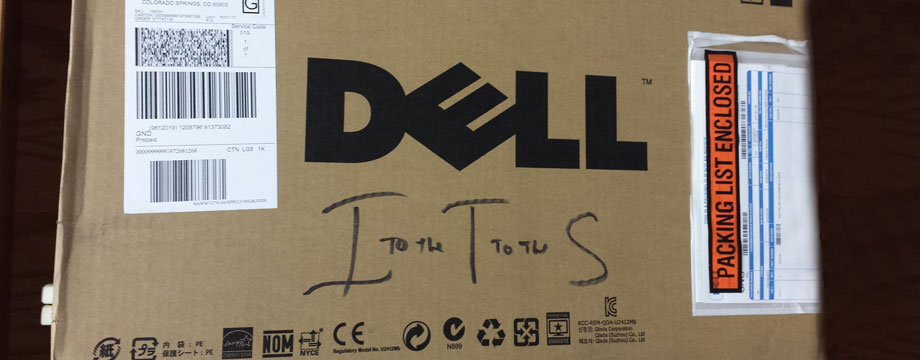Words can flow so easily, especially if we are talking with someone we feel comfortable with or about something we know well or have a passion for. But are the words we speak being heard the way we want or are they being interpreted in ways we might never expect? I think this is an important topic to consider, as our communication, written and verbal, is so important as we go through our “storming” stage (see earlier post). The better we communicate with each other, the quicker we can move from storming to norming and performing (and remain performing in the future).
I have had several experiences in recent months that have made me think deeply about word choice, and I’d like to share them with you. The first came while working with the branding team. The team’s ultimate result of “ITS:” came from a discussion about word choice.
When we decided to keep the ITS moniker and tried to figure out what words it would represent, we hit a bit of a wall. Some on the team thought the “S” should be service, while others focused on the word solutions, as service seemed demeaning. We weren’t just hired hands fixing everyone’s problems. Others felt that service was more all-encompassing; providing service could range from fixing a problem to finding new ways of doing things.
When it came to the “I” some believed information should remain as the “I,” as that is what we worked with every day. Others felt innovation would better serve, as we wanted others to look to us to help them be innovative in their teaching, learning, and working environments. As with the service/solutions discussion, there were many ideas about what each word meant and how those meanings tied into what we wanted to stand for.
Ultimately, we decided not to make the choice for the whole team but instead let every individual decide what their own word(s) should be. Everyone has different work and ways of doing things, bringing their own brand to what they do. It just made sense for each of us to name that in our own way as opposed to being forced to accept a label that wasn’t quite right. This enables us to focus on what is truly important here: our values and goals as a team. Seems simple, but imagine where we would be if the words had been defined for us. Many would have felt unheard throughout the feedback process and as a result, skeptical about moving forward. We would remain “storming” for a little while longer.
Stay tuned for more thoughts on word choice in “What I Meant to Say – Part 2,” where we’ll compare “honest” with “candid.” They aren’t as similar as you might think.
ITS:Always fun, never boring
Respectfully submitted,
Linda Petro


One Response to What I Meant to Say: The Impact of Word Choice – Part 1